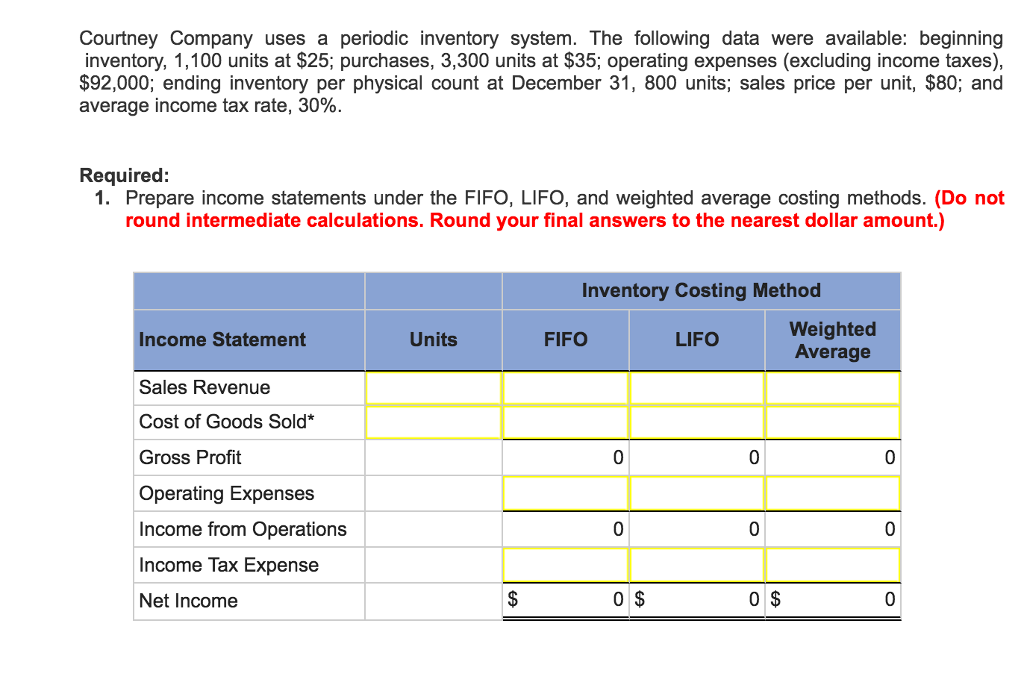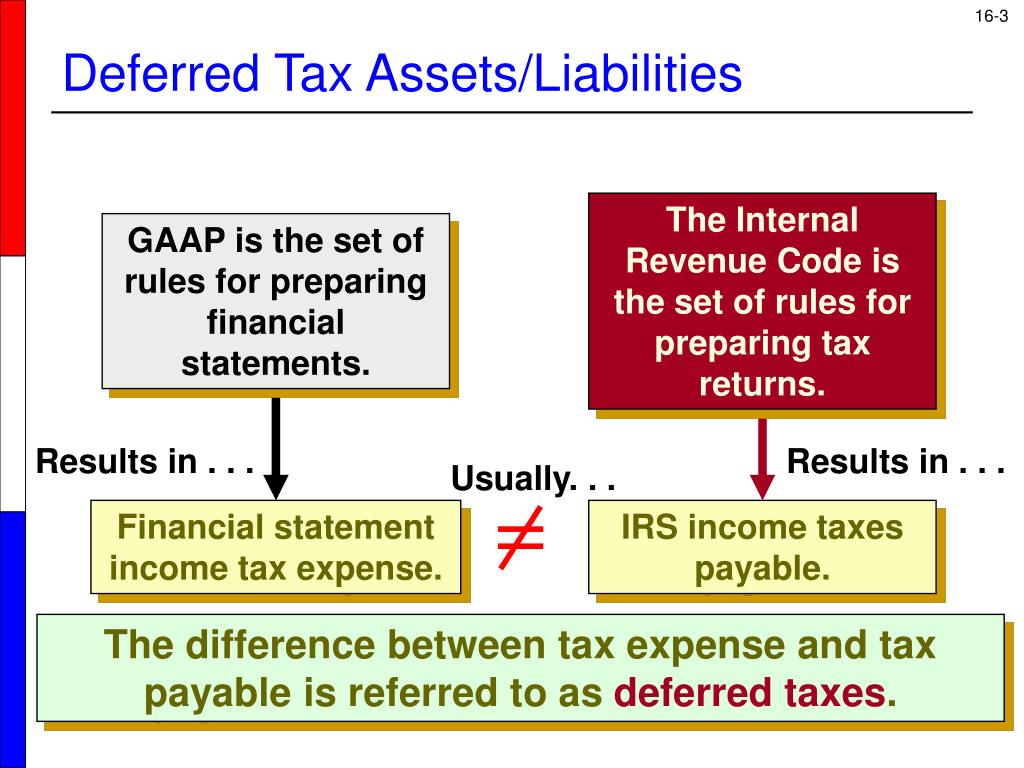

Other activities use funds to profit from active trading strategies involving various types of securities and derivative instruments. The business activities of the entity can include the use of a substantial portion of the entity's assets to collateralize one or more swaps or notional principal contracts for payments and receipts based upon the value or performance of designated indexes.

A risk manager advises clients about ways to manage the price, interest rate, and currency exchange risks associated with their assets and liabilities, with a view toward prescribing a strategy involving a derivative financial product or commodity. Many of these activities are housed in a separate entity such as a limited liability company (LLC). Wealthy individuals and businesses often use specialized investment strategies to shield themselves from significant market or industry risks while achieving profits. This treatment may lead to limitations on the taxpayer's interest expense and other deductions. Swap transactions may have a longer term than other futures trading activities of a taxpayer, which may lead the IRS to claim a taxpayer should bifurcate his or her activities between those of a trader and an investor.Their character depends on whether the contract is a capital asset in the hands of the taxpayer. Termination payments, which extinguish or assign rights and obligations of a party to a notional principal contract, are recognized by the party receiving them in the year in which the contract is extinguished, assigned, or exchanged.

They are recognized over the term of a notional principal contract in a manner reflecting the economic substance of the contract.


 0 kommentar(er)
0 kommentar(er)
